In a dramatic turn of events that has reignited interest in Ivory Coast’s political landscape, Simone Gbagbo, the country’s former first lady, is making a remarkable comeback as she runs for president in Saturday’s election. Once one of the most powerful women in West Africa, Simone is stepping into the political arena on her own terms, determined to carve out an independent legacy separate from that of her ex-husband, former President Laurent Gbagbo.
Simone Gbagbo’s journey from the presidential palace to the campaign trail is one marked by resilience, controversy, and reinvention. Known during her years as first lady for her fiery personality and strong political influence, she was one of her husband’s closest advisers during his presidency from 2000 to 2011. However, her life took a dramatic turn after the disputed 2010 election that led to months of violent conflict across the country, leaving thousands dead and many displaced.
Following the crisis, Simone Gbagbo was arrested and accused of crimes against humanity for her alleged role in the post-election violence. The International Criminal Court issued a warrant for her arrest, but she was ultimately tried and convicted in Ivory Coast, serving several years in prison before being granted amnesty in 2018. Her release marked the beginning of a quiet yet strategic political reawakening.
Now, as she stands on the verge of another historic moment, Simone Gbagbo is seeking to reintroduce herself to Ivorians as a symbol of strength, forgiveness, and national unity. Her campaign message centers on reconciliation, empowerment, and a renewed vision for women’s leadership in a nation still healing from its past divisions. She has repeatedly emphasized that her candidacy is not about returning to old political battles but about offering a new path forward built on dialogue, justice, and inclusion.
Political analysts say her candidacy adds an unexpected twist to an already tense electoral season. While some view her as a polarizing figure due to her past, others see her re-emergence as a bold act of courage that reflects the changing dynamics of Ivory Coast’s democracy. For many supporters, Simone Gbagbo embodies a narrative of survival and redemption, turning personal adversity into a political calling.
Her campaign has also drawn attention to the growing role of women in African politics, particularly in nations where leadership has long been dominated by men. Across cities and villages, Simone’s rallies have drawn curious crowds eager to hear from the woman once nicknamed “La Dame de Fer,” or “The Iron Lady.” She now speaks less about power and more about healing, pledging to lead Ivory Coast into an era of unity and equality.
Observers believe that while she may face an uphill battle in securing the presidency, Simone Gbagbo’s re-entry into politics could reshape conversations around gender, justice, and reconciliation in the country. Her transformation from a former first lady accused of war crimes to a presidential contender seeking peace has captured international attention, underscoring the complex and often unpredictable nature of African politics.
As Ivorians head to the polls, the world will be watching to see whether Simone Gbagbo’s bold move marks a new beginning for her nation or simply a powerful reminder of how history continues to shape the country’s political destiny.


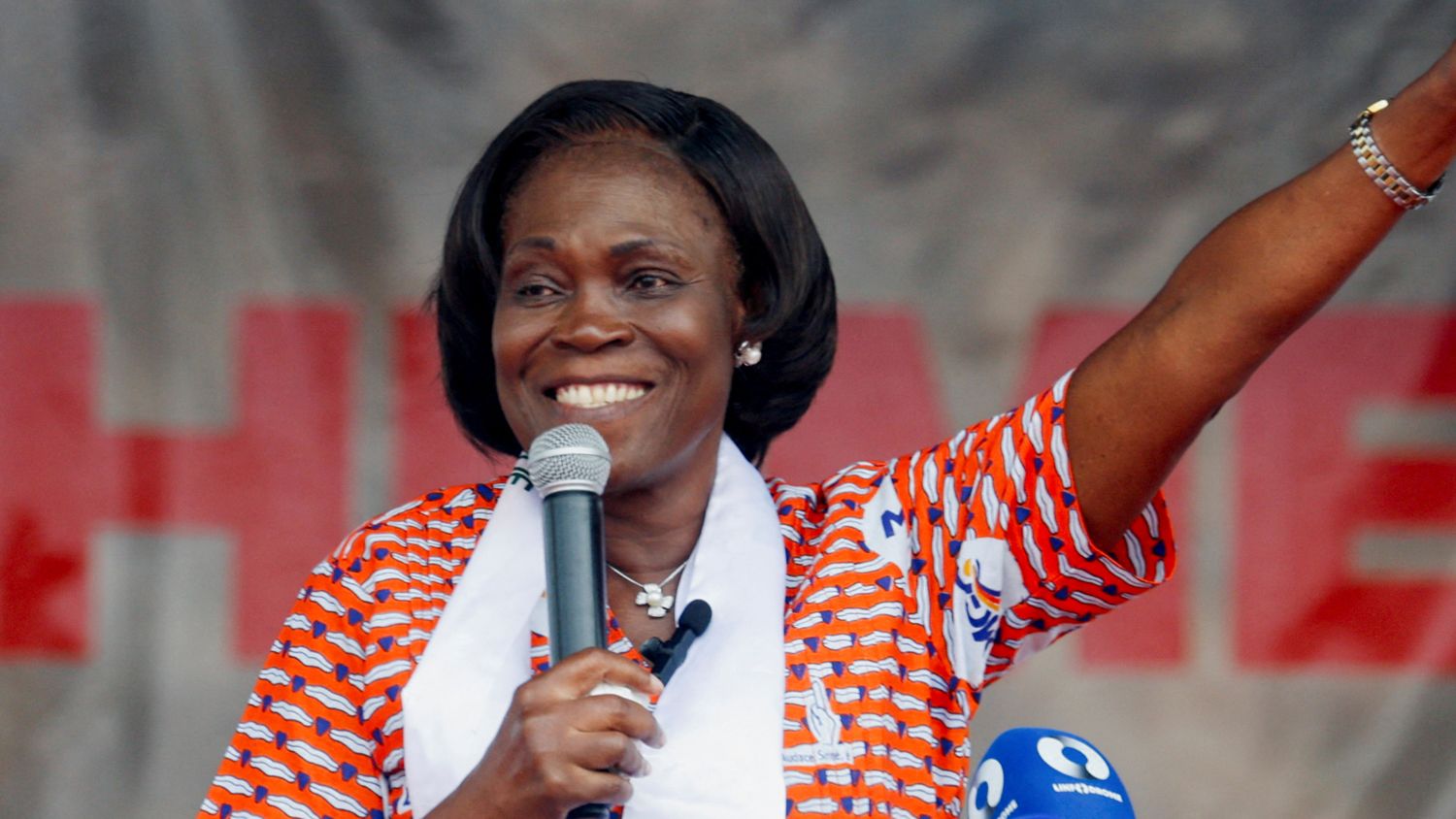


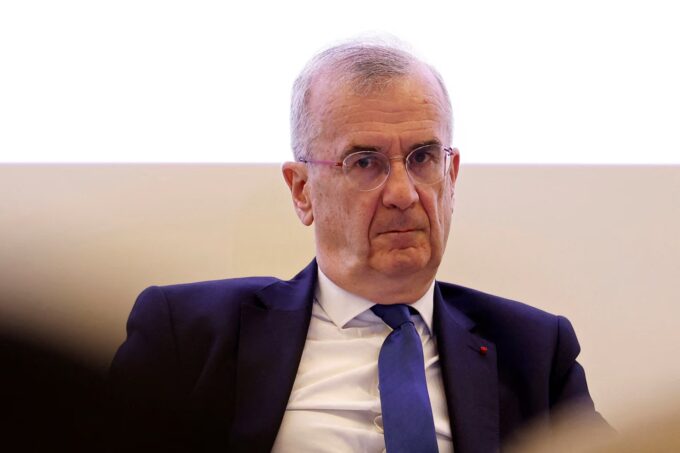
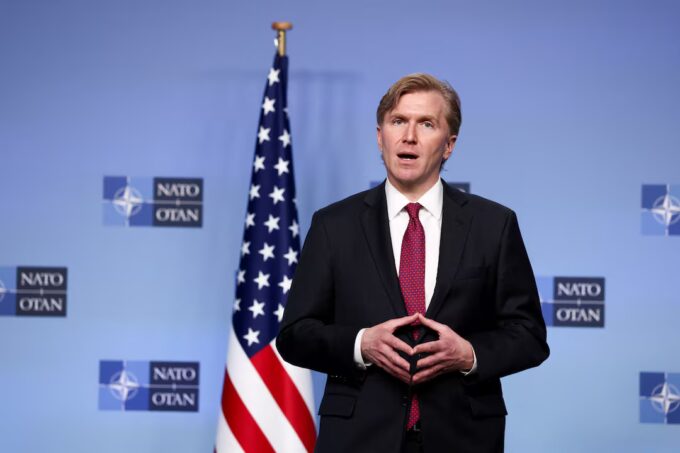
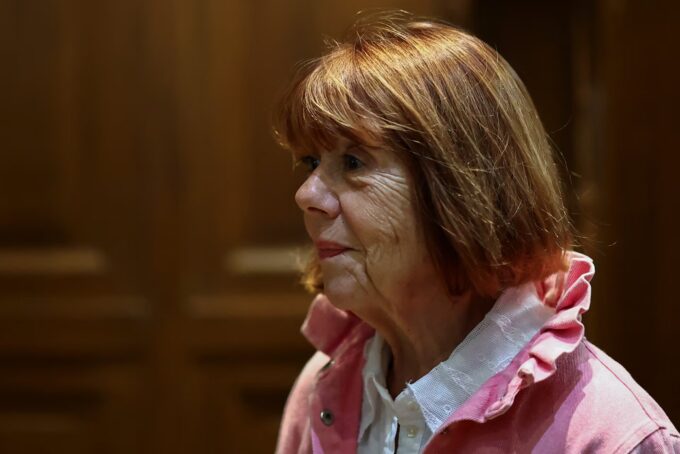

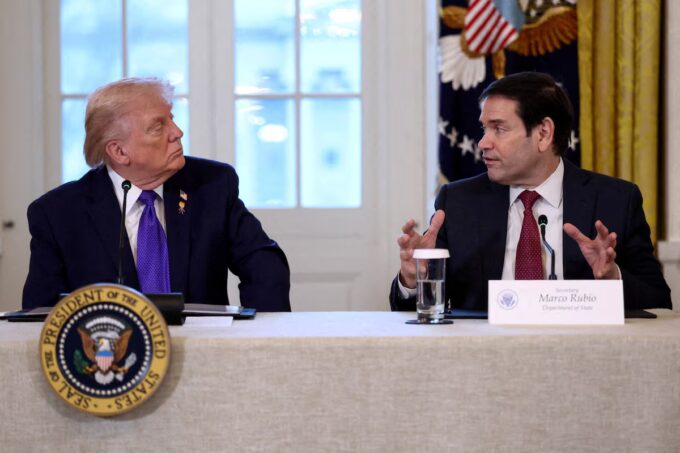


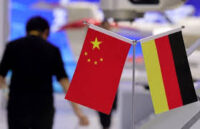
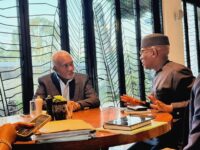
Leave a comment